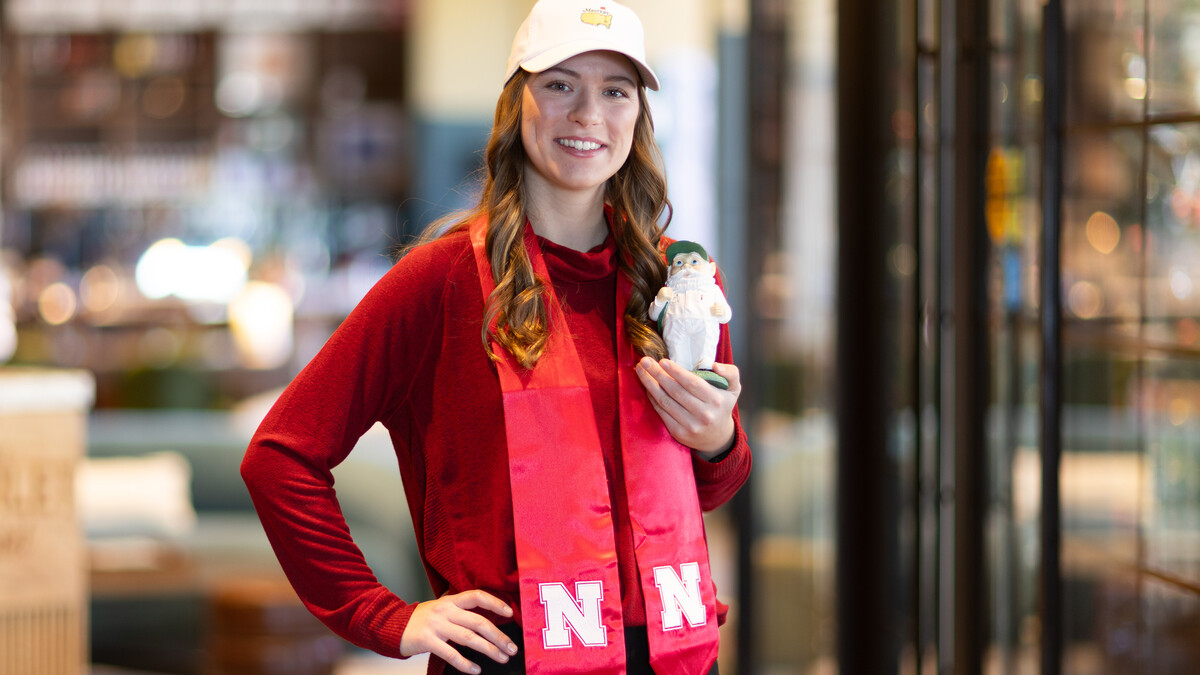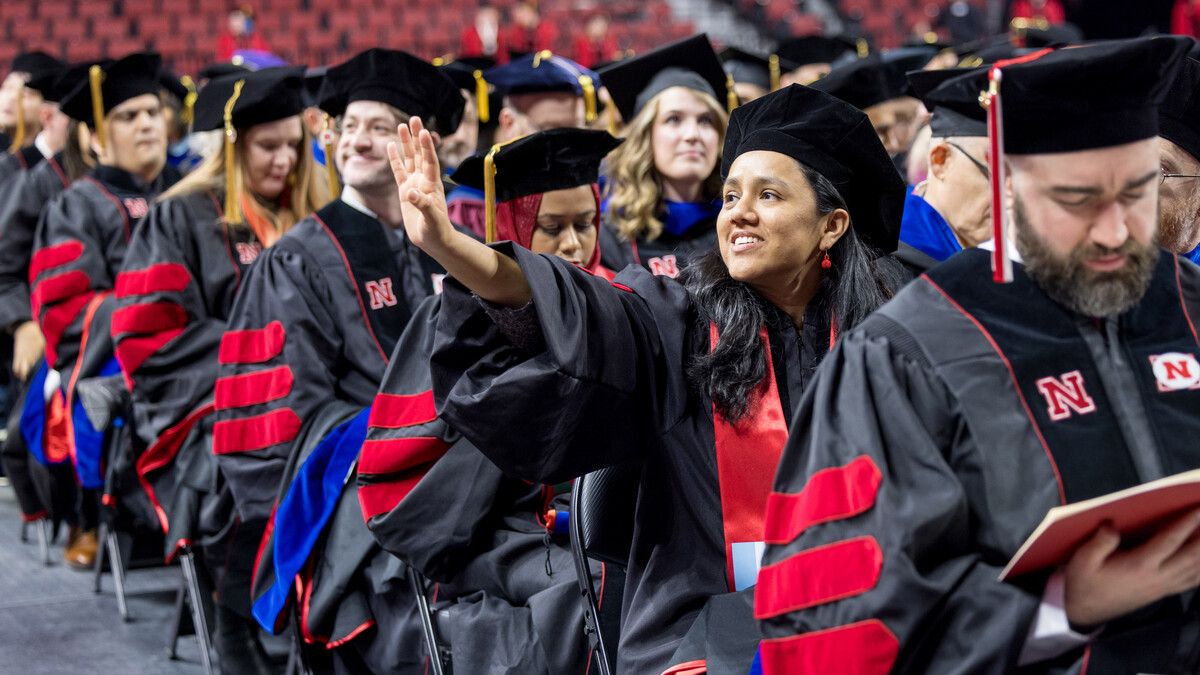
More than 5 million children in the United States suffer from food allergies, surveys suggest. Those allergies require parents and children alike to be vigilant about ingesting common foods and ingredients like milk, peanut butter, eggs and wheat, which can trigger uncomfortable and even fatal allergic reactions.
There are few treatments available, and the prevalence of food allergies in children has only increased over the last few decades. Could answers — and potential treatments — lie in babies’ gut bacteria?
Morgan Cade, a doctoral student in the School of Biological Sciences at the University of Nebraska–Lincoln, is studying how bacteria specially suited for infants’ intestinal tracts could help prevent or lessen the severity of food allergies.
Cade’s research is supported by the Graduate Scholars program at the Buffett Early Childhood Institute at the University of Nebraska. Doctoral students within the University of Nebraska system can now apply for the next round of Graduate Scholars funding. Applications are due March 31. The one-year fellowship, worth up to $25,000, supports research that touches on the development, education and well-being of young children, prenatal to 8 years old. Those interested can learn more and apply here.
Past scholars have used the funding to examine a wide range of topics related to early childhood, including health disparities; the early math skills of preschoolers; neuroscience research on primates; and the stress and anxiety felt by mothers of premature babies.
Cade’s faculty mentor, Amanda Ramer-Tait, is an associate professor of immunology and microbiology in the Department of Food Science and Technology at Nebraska U.
“Support from the Graduate Scholars program provides scholars with dedicated time for research, builds proposal-writing skills, and offers the opportunity to share their research findings with scientists and community members,” Ramer-Tait said.
Cade’s project covers several of her interests: women and children’s health, biology and emerging research into the importance of the microorganisms that live in the gastrointestinal tract. Collectively known as the gut microbiome, those microbes have been linked with immune system function, nutrition and certain diseases.
“We’re just scratching the surface on what all the microbiome interacts with,” Cade said.
Infants’ microbiomes are very different from those of adults, who generally eat a varied diet of meat, vegetables, fruits and grains. For the first months of their lives, babies ingest only breast milk or formula.
“That really selective diet also will select for a very specific microbiome,” Cade said.
One species common to the infant microbiome, Bifidobacterium infantis, breaks down certain carbohydrates found in breast milk. The metabolites created through that process have been observed to help educate the immune system, so that the immune system appropriately recognizes microbes and different foods rather than reacting with an inflammatory response — like an allergic reaction.
Cade’s research involves introducing donated samples of microbes from the infant gut into germ-free mice that she sensitizes to peanuts. Through their drinking water, the mice will receive breast milk carbohydrates and B. infantis that train their immune system to not react, or react more mildly, when a large dose of peanut is administered. If it works, babies could receive the B. infantis probiotic — which is already on the supplement market and available for purchase — to prevent or lessen the severity of food allergies.
Cade focused on peanut allergies because they tend to be the most serious: Peanuts are the culprit in 90% of fatal emergency room visits for severe allergic reactions. But the concept could be translated to other food allergy triggers, like dairy or eggs.
This line of inquiry is important, Ramer-Tait said, given the prevalence of food allergies.
“More than 50 million Americans have a food allergy,” she said. “Investigating the links between gut microbes and food allergy paves the way for developing novel interventions for treatment or prevention.”
The Graduate Scholar fellowship will cover Cade’s student stipend so that the lab she works with can cover materials, mice and other research costs.
“This kind of science gets pretty pricey,” said Cade, who encountered other doctoral students to consider applying.
“It’s really fun to be able to not only interact with students here at UNL,” she said, “but also see research happening at other University of Nebraska campuses.”







